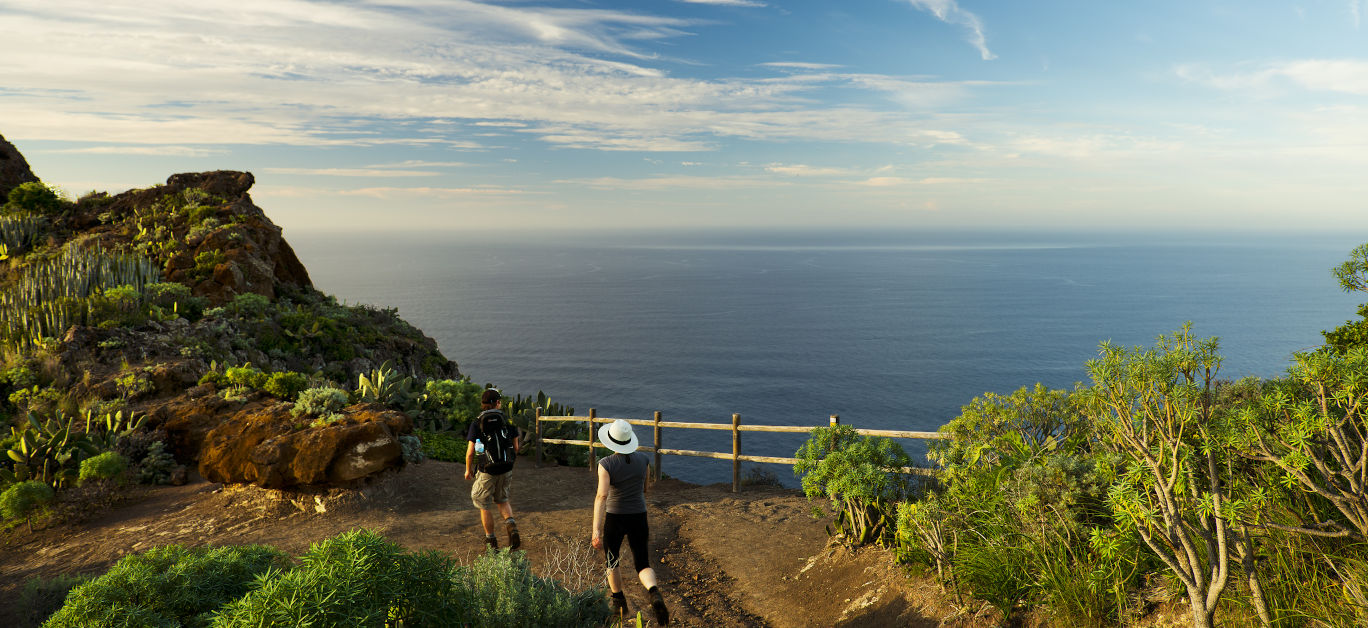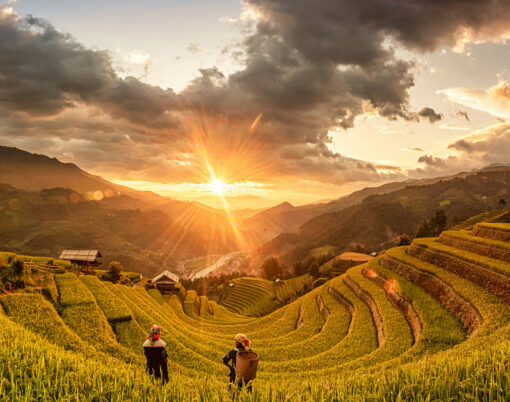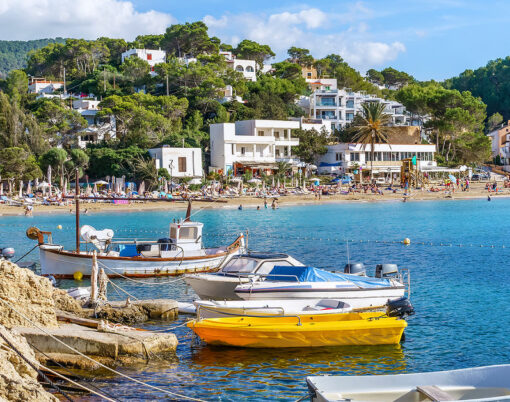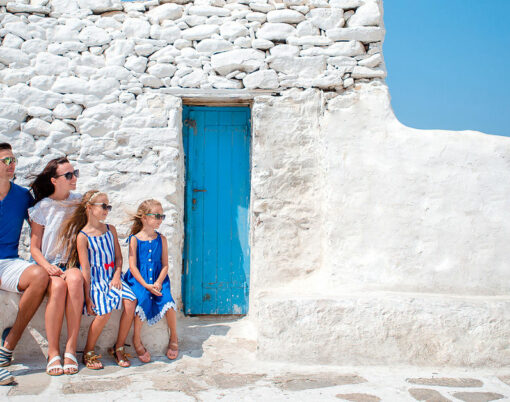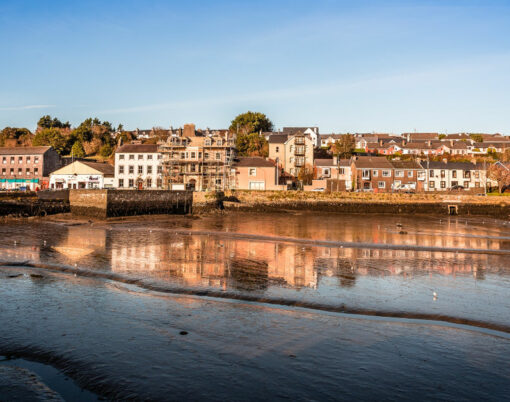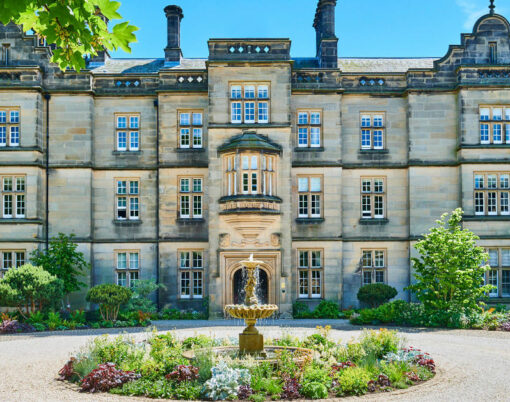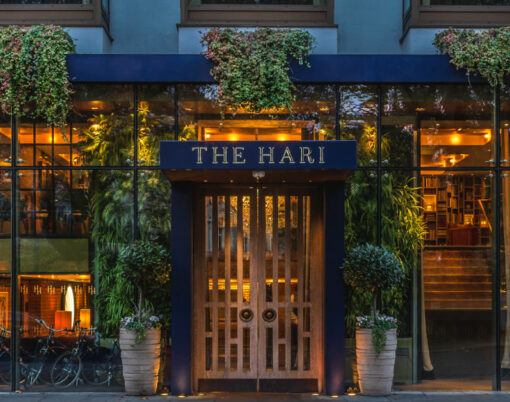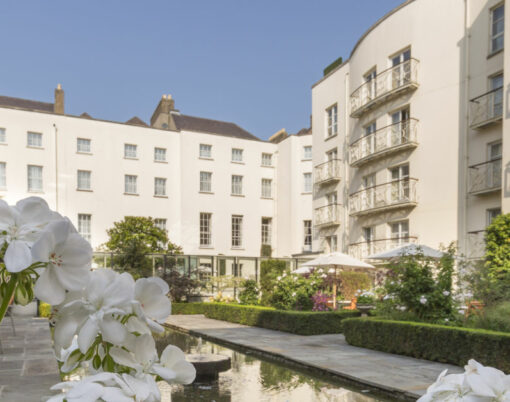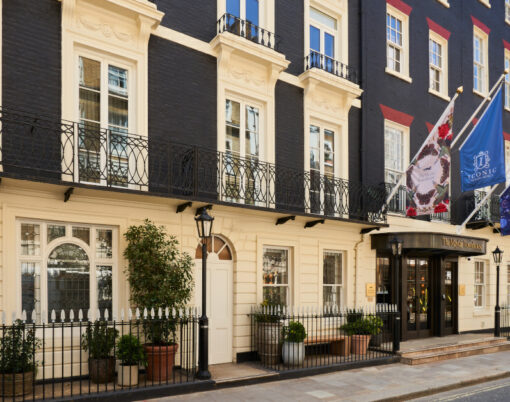Tenerife takes on UN’s sustainable goals and adds to them to create mega action plan for a sustainable future.
When people cannot travel, tourism disappears, and yet the ability for individuals to travel and countries to welcome tourists brings with it a massive impact on the world’s economy. Tourism is one of the driving forces of world economic growth and it currently provides one in 11 jobs around the world.
With the world as it is today with not only the pandemic forcing millions to stay at home, but the environment struggling with human impact, the growing need to pave the way for a more sustainable future within the tourism sector is growing ever more apparent. Sustainable tourism has three principal responsibilities – it must benefit the environment, help local communities and consider economic advantages, too.
We spoke to the Tenerife Tourism Corporation, who outline their commitment to sustainability within tourism for this beautiful Canarian paradise below.
What is known as Agenda 2030, established by the United Nations with the agreement of the international community, sets 17 sustainable development goals (SDGs) that, among other things, aim to put an end to extreme poverty, fight inequality and injustice, and tackle climate change.
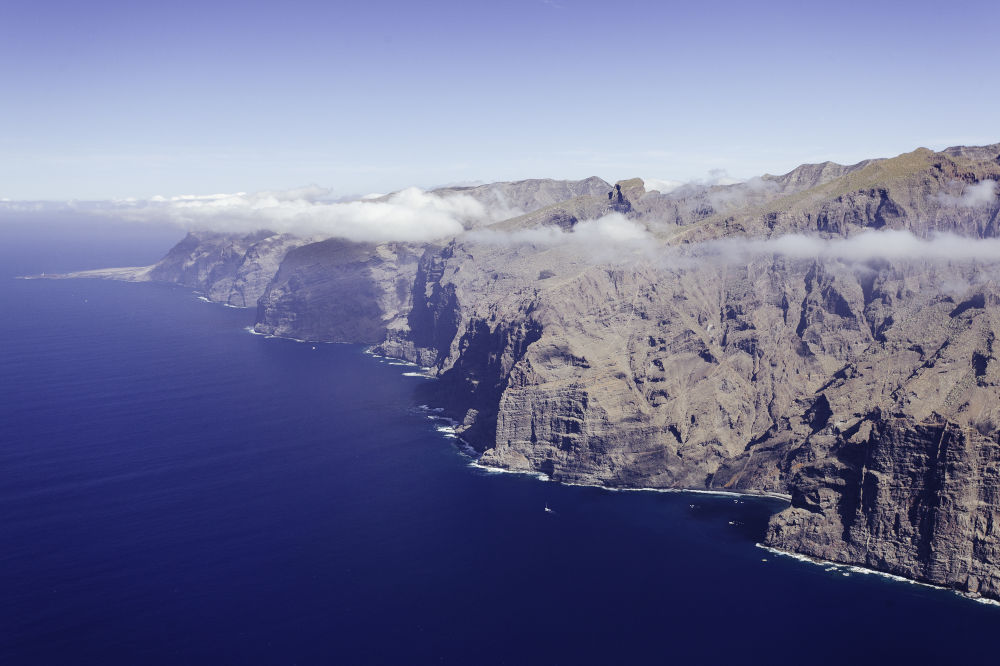
The nations committed to the SDGs highlighted that three of the 17 goals are closely linked to tourism. These are:
- Promote sustained inclusive and sustainable economic growth full and productive employment and decent work for all.
- Ensure sustainable consumption and production patterns.
- Conserve and sustainably use the oceans seas and marine resources for sustainable development.
These are the goals that were established at a global level, but at the Tenerife Tourism Corporation we think that it is appropriate to include three more due to our island status and strong ties to the tourism sector:
- Ensure availability and sustainable management of water and sanitation for all.
- Ensure access to affordable reliable sustainable and modern energy for all.
- Protect, restore and promote sustainable use of terrestrial ecosystems, sustainably manage forests, combat desertification and halt and reverse land degradation, and halt biodiversity loss.
In accordance with these sustainable development goals, we would like both the tourists that come to visit us and the local population to engage with them and help us to look after our land ecosystems and traditions acting respectfully and leading by example.
Since 2018, at the Tenerife Tourism Corporation, we have been carrying out the following actions always with a zero-footprint objective and with sustainable measures in different areas such as training, recovery actions, hiking events, and achievements.
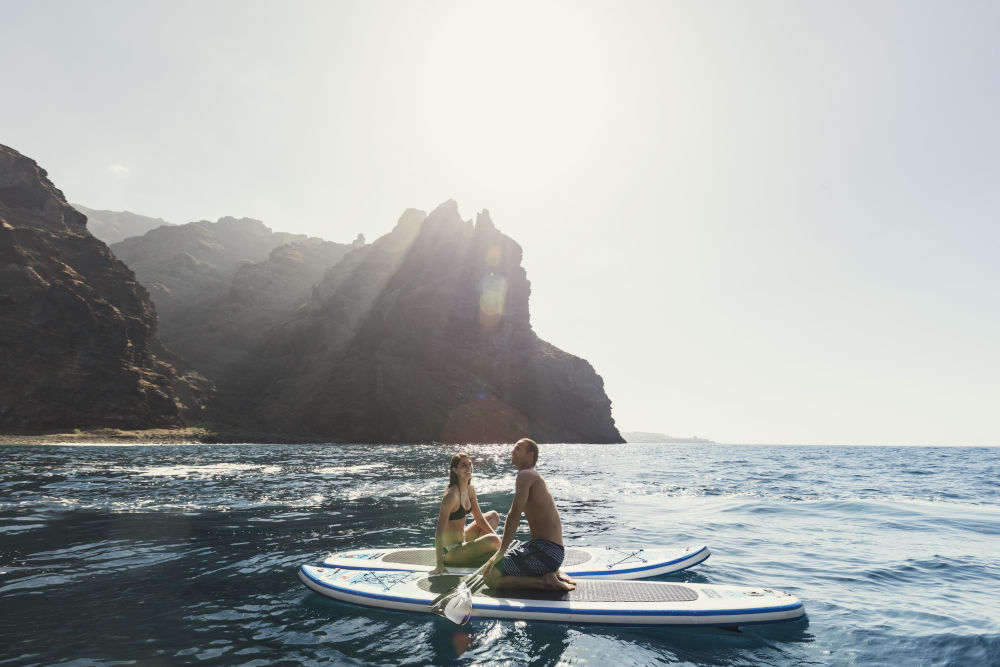
Training focuses on the following five main points:
1. Talk concerning wounded fauna
Educational initiative on the protocols of action in the presence of a wounded marine being, addressing businesses that are part of the whale-watching industry with the purpose of increasing their training and compromise to protect the environment in which they carry out their activities.
2. Talk on the cliffs of Los Gigantes
Awareness raising and informative talk on the most sensitive natural resources of the cliffs of Los Gigantes, such as Osprey.
3. Training on managing ecotourism companies
Within the training for the DIOMEDEA project, the main objective of this training event is to learn the basics for creating and managing an ecotourism activities company in protected natural spaces, offering accessible products and services aimed at enjoying and getting to know the natural spaces of Tenerife and Mauritania.
4. Sustainable audio-visual productions
Organised by the Tenerife Film Commission and the Festival Internacional de Cine Medioambiental de Canarias FICMEC, this training aims to provide tools that allow audio-visual industry professionals to implement sustainability strategies throughout the entirety of an audio-visual project.
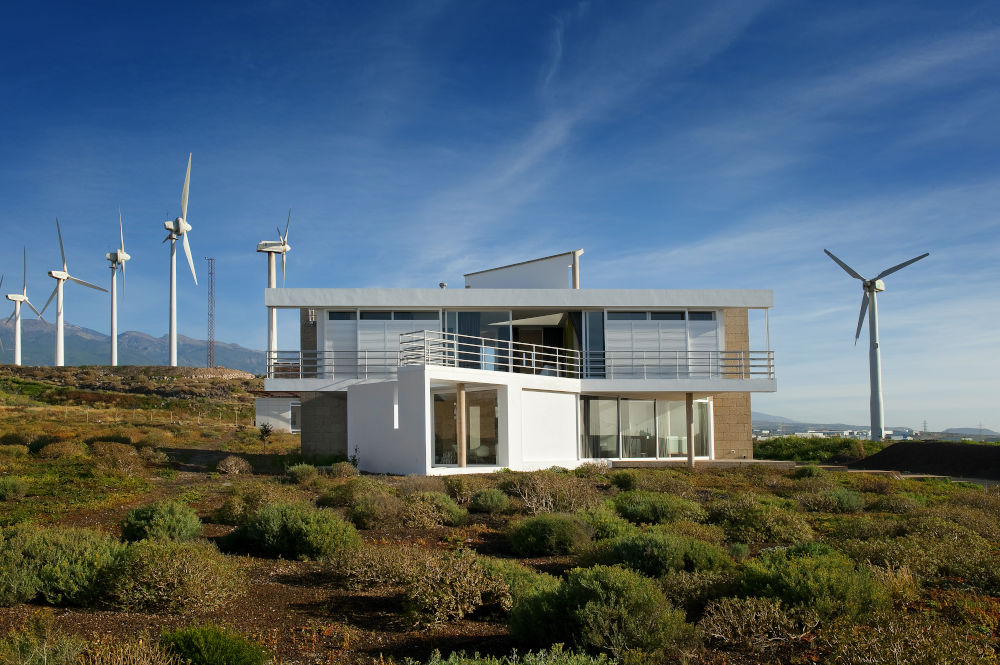
5. Training on how to manage public nature tourism facilities
Training within the DIOMEDEA project, the objective is to gain the necessary knowledge for the management and operation of public facilities intended for nature tourism, in a sustainable way, that ends up being viable for companies and the local authority, by implementing assessable programmes and through effective promotion and marketing systems.
Environmental actions
Some of the actions, projects and activities currently being undertaken are summarised below.
Environmental sustainability working on subjects such as – climate change and sustainable energy; ISO 14001- EMAS environmental management system; good sustainable practises (i.e. drawing up environmental criteria for the Corporations public procurement).
Social sustainability focusing on issues such as – communication and information; environmental participation and volunteering; relations with society (i.e. developing the collaboration agreement for the Professorship of Environment and Sustainable Development Council-La Laguna University); Corporate Social Responsibility; Land stewardship; cultural resources and intangible heritage in the environment (i.e. recovery of the Camino Viejo de Candelaria (Old Candelaria Road)).
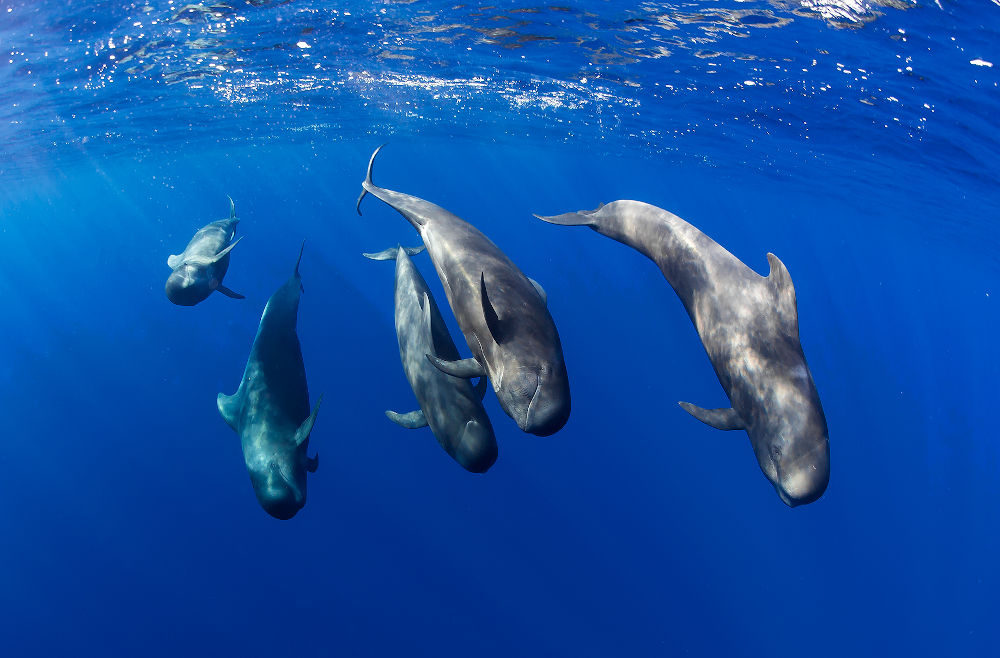
Economic sustainability implementing projects such as – Companies for the Common Good to improve and boost the productivity and competitiveness of the island of Tenerife’s business fabric; green business and employment – circular economy (Company Environmental Advice Line); sustainable agroecology and food.
Integral projects (environmental, economic and social together) focus on:
Comprehensive sustainable development (eco hubs): Integral council sustainable development project where the following are studied: the territory’s potential, the social and business fabric, etc, and they analyse proposals from different backgrounds and promoters in sustainability matters like water, food, energy, waste, smart cities, etc, paying particular attention to environmental protection, the economy and employment.
Island Agenda 2030 (17 UN SDGs): Study and analysis of including the UN’s Sustainable Development Goals in the Tenerife Island Council.
Centre for the Exchange of Information and Sustainable Initiatives: Digital platform to host the area’s exchange centre (clearing house) which will encompass the three facets of sustainability; environmental, social and economic.
Charters manuals and plans
There are a series of charters, manuals and master plans aimed at stimulating, guiding and facilitating the implementation of sustainable practises in various areas of tourist activity. All of them have been developed by consensus between public administrations, companies that operate in each of these sectors and the local population.
Charter for whale watching sustainability
The charter for sustainability is a label that demonstrates our commitment to nature as regards the people who visitors, the administrations and the local population.
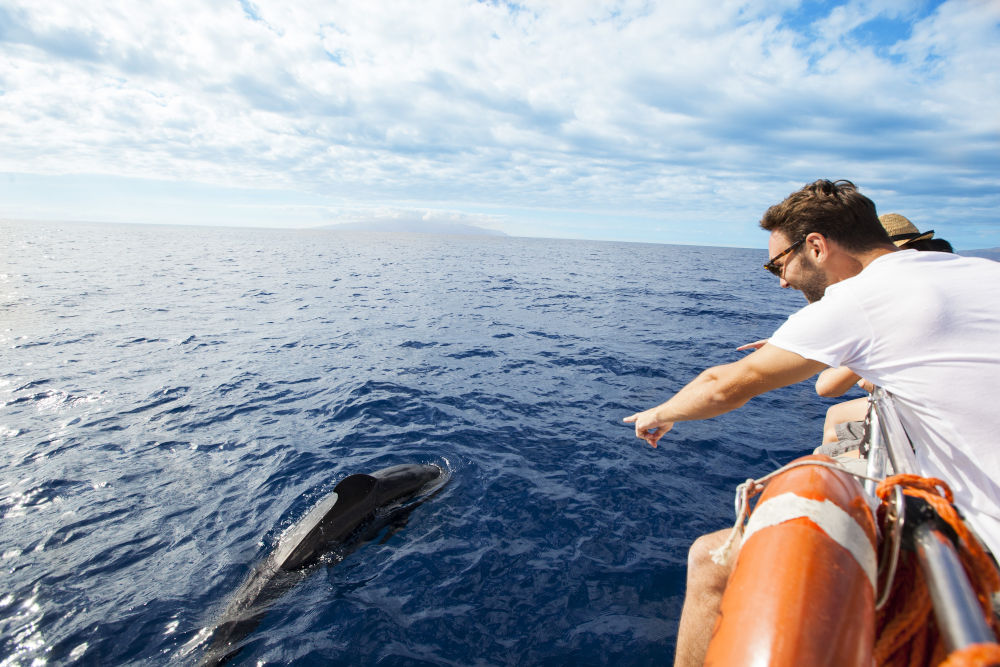
We want Tenerife to be a space for tourism that knows how to live alongside and look after the home of whales, a sustainability model that respects the carrying capacity of the various activities that happen at sea, and offering a whale watching activity that is significant, respectful and of high added value.
Charter for excellence and sustainability in activities in nature
This consists of a participatory project with the business sector and other council departments that have powers locally and whose main objective is to increase and improve quality and sustainability in those activities that are carried out in nature, maximising the balance between the tourist experience and the conservation of natural resources.
Participating companies voluntarily commit to comply with the charter drawn up with their involvement to offer a tourist experience that is significant and transformative for the client and that is also sustainable and respectful of the environment.
We have highlighted two of the charters above, but this is only a small indication of the extensive work being carried out to ensure that the island of Tenerife is a joy for visitors, islanders alike for now and the future.
For more information on visiting Tenerife, visit webtenerife.co.uk.
All imagery courtesy of Turismo de Tenerife.












